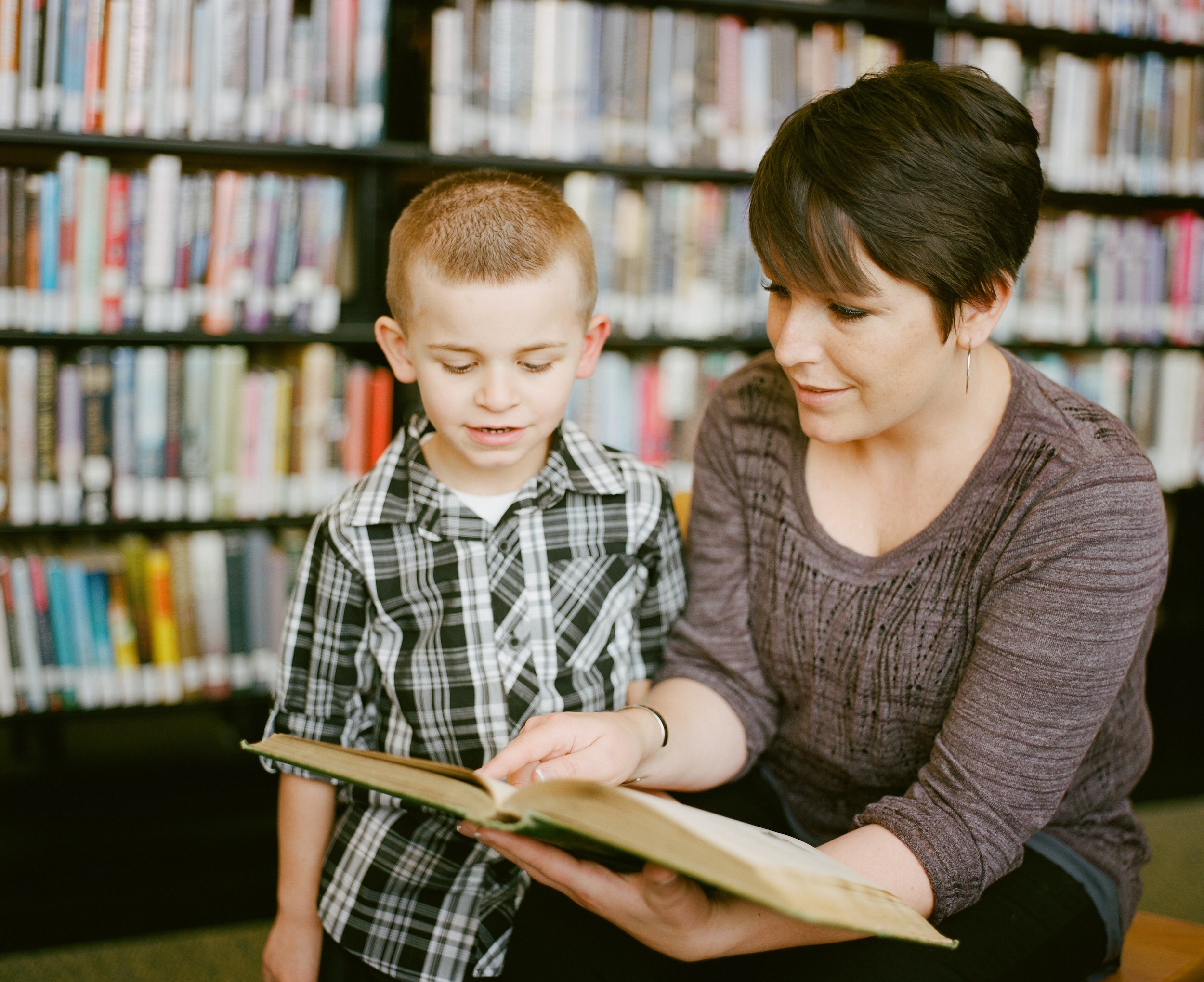(During this fall I am completing my final online course as part of my Doctor of Ministry program at Boston University. The class focuses on how we communicate using the media of the 21st century. As part of the assignments, we must make regular posts to social media. I have identified this blog/website as a place where I will contribute to the class assignments.
This week’s assignment: On the second of your chosen social media platforms, create positive posts about three (religious or secular) children’s stories/cartoons/novels. Focus on the power of storytelling to touch the soul in that work.)
As a fully middle-age parent of two adult children, I have had two different childhood experiences. The first, of course, being my own experience as a child. The second is as a parent to my own children. I hope to share here some of the stories in these two experiences that have been powerful formative stories for me as a child and as an adult.
The first story that impacted me quite deeply was a movie I saw in a theater in 1977 as a nine-year old boy. It was “Star Wars.” I was awestruck by the size and scale of a story and myth of this film. My entire construct of “good and evil” were framed by this story until I found my way to faith at age thirteen. The emotional impact of the story was profound for me as an adopted child. There was a way I keenly engaged with the story of Luke Skywalker, having no parents, but yet destined for a peculiar purpose. The narrative surrounding parenthood, brokenness, and redemption are still deeply powerful themes for me as an adult. It has even found its way into a sermon or two! (https://www.sandiegouniontribune.com/sdut-star-wars-force-awakens-bible-singles-chula-vista-2015dec16-story.html)
Another film that grabbed my attention with its powerful narrative was one I first saw with my young children entitled The Iron Giant. This little known “cult film” is now considered a closet animated classic. Its powerful story of an alien robot sent to Earth but damaged on its landing, is a twist and turn on the choices we must make for good or destruction. When the robot is repaired it discovers that its true mission was the destruction of Earth. In the end, the robot must choose to save a boy he has befriended or fulfill its mission. It sacrifices itself to save not just the young friend, but the world itself. Its messianic theme is powerful to this day. Watching it is a “sacred” event in our home.
One of the earliest pieces of literature I read as a child was The Adventures of Huckleberry Finn by Mark Twain. It was the first hardback book I was ever given. It was a gift from my Uncle Howard who had been a shipbuilder for the Navy and then went on to become a world-class St. Bernard dog show judge! The story of Huck and his companions through the racial tension of the south gave me some sense of history and experience of African-Americans and slavery. While skewed through Twain’s lens, I was able to gather a picture of life that existed outside my history classes at school. As I worked every summer with my father, who was a general contractor, in south central Los Angeles, I grew up as a child with a deeper respect for the black community in LA and also with a little more intelligence. This proved to be transformational for me as a young child.

